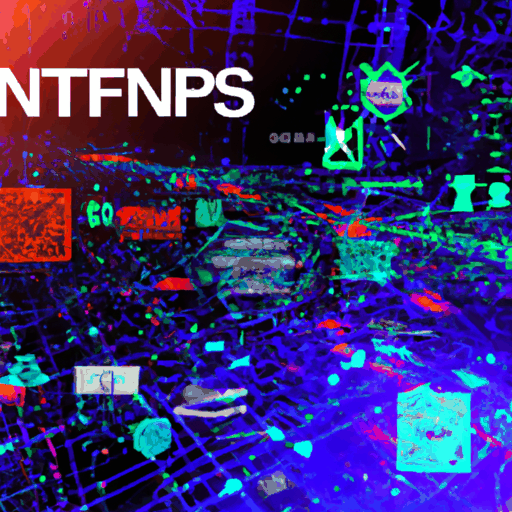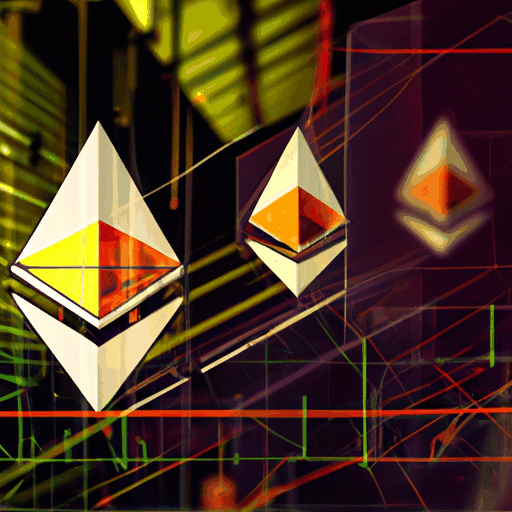
a16z and DeFi Education Fund Advocate for SEC's Safe Harbor for dApps
By: Eva Baxter
In a substantial move aimed at the regulatory landscape for decentralized applications (dApps) and non-fungible tokens (NFTs), influential investment firm Andreessen Horowitz (a16z) and the advocacy group DeFi Education Fund have jointly called on the U.S. Securities and Exchange Commission (SEC) to establish a 'Safe Harbor' program. This initiative is designed to shield developers of decentralized finance (DeFi) and NFT applications from stringent broker-dealer registration requirements.
The appeal was formalized in a letter to SEC Commissioner Hester Peirce, emphasizing that a structured regulatory framework would prevent developers from being unnecessarily classified as broker-dealers under current securities laws. The letter argues that such a safe harbor is crucial for providing regulatory clarity and allowing innovation within the United States without the impediments posed by potentially outdated legal frameworks.
Both entities noted that the proposed guidelines focus on user interfaces that allow independent execution of blockchain transactions without entity control. These interfaces, as infrastructure, should enable users to initiate transactions and interact with smart contracts, all while maintaining user custody over assets. Importantly, they maintain that efficiency-enhancing tools like routers could be used, provided the final transaction decisions remain with the user.
As the regulatory ecosystem increasingly turns its focus on the crypto realm, notable cases, such as the conviction of Tornado Cash's co-founder for operating an unlicensed money transmission business, have underlined the urgent need for a clear regulatory pathway. The push for safe harbor comes amid a backdrop of increasing scrutiny from financial regulators, prompting fears that overly rigid policies may stifle innovation rather than protect consumers. To engage in a global dialogue and keep pace with swiftly evolving technology infrastructures, the calls for adaptive and forward-thinking regulations are more significant than ever. If implemented, the safe harbor could significantly enhance the developmental landscape for DeFi and NFT applications, supporting a more vibrant and secure ecosystem for blockchain technology.



